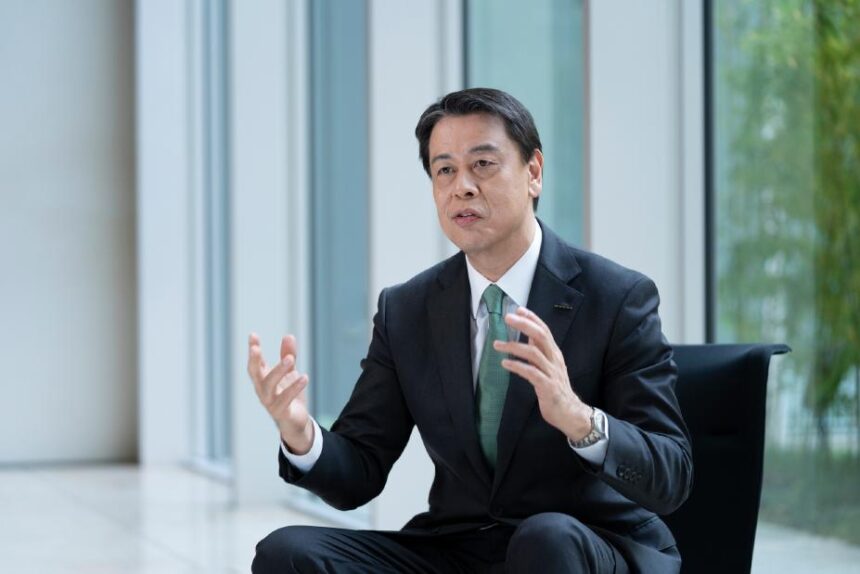Nissan has recently announced cost-cutting measures after reporting disappointing financial results. The company plans to reduce fixed costs by 300 billion yen and variable costs by 100 billion yen while maintaining a healthy cash flow. To achieve this, Nissan will cut global production capacity by 20% and reduce its workforce by 9,000 employees.
The company aims to lower selling, general, and administrative expenses, decrease the cost of goods sold, rationalize its asset portfolio, and prioritize capital expenditures and investments in research and development. Additionally, Nissan plans to introduce new energy vehicles in China and plug-in hybrids and e-POWER vehicles in the US, while increasing sales per model to enhance efficiencies.
Analysts suggest that Nissan has been caught off-guard by the increased demand for hybrid models in some markets, particularly the US. As part of its restructuring efforts, Nissan plans to reduce vehicle development lead time to 30 months and deepen collaboration with Renault Group, Mitsubishi Motors Corporation, and Honda Motor Co., Ltd. The company also intends to explore strategic partnerships in technology and software services.
To facilitate swift decision-making for the turnaround actions, Nissan will appoint a Chief Performance Officer responsible for sales and profit, effective December 1. Nissan President and CEO Makoto Uchida emphasized that these measures are aimed at making the company leaner and more resilient while enhancing product competitiveness and setting the company on a path of growth.
However, Nissan’s quarterly financial results fell below analyst expectations, leading to a lowered forecast operating profit for the fiscal year. In the fiscal first half, consolidated net revenue and operating profit decreased, with global sales volumes also declining year-on-year. The company attributed the lower profitability to higher selling expenses, inventory optimization efforts, and rising manufacturing costs.
In response to the disappointing results, Nissan’s top management, including CEO Makoto Uchida, will take a voluntary pay cut of 50% starting in November 2024. The executive committee members will also see a reduction in their compensation. These cost-cutting measures and restructuring efforts are part of Nissan’s strategy to navigate the challenging business environment and drive growth in the future.







